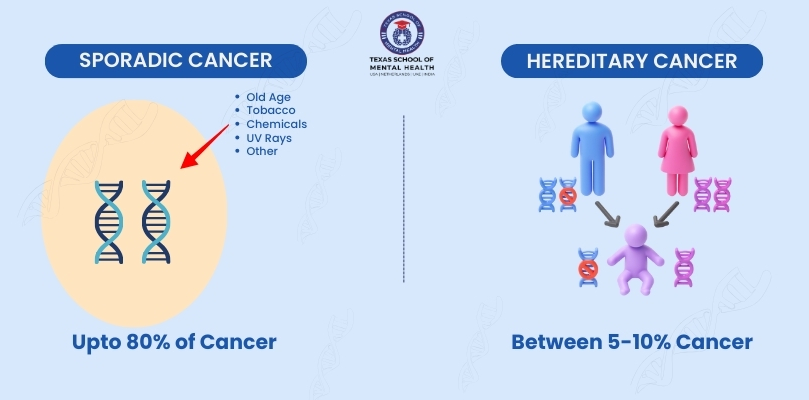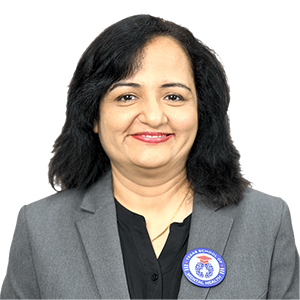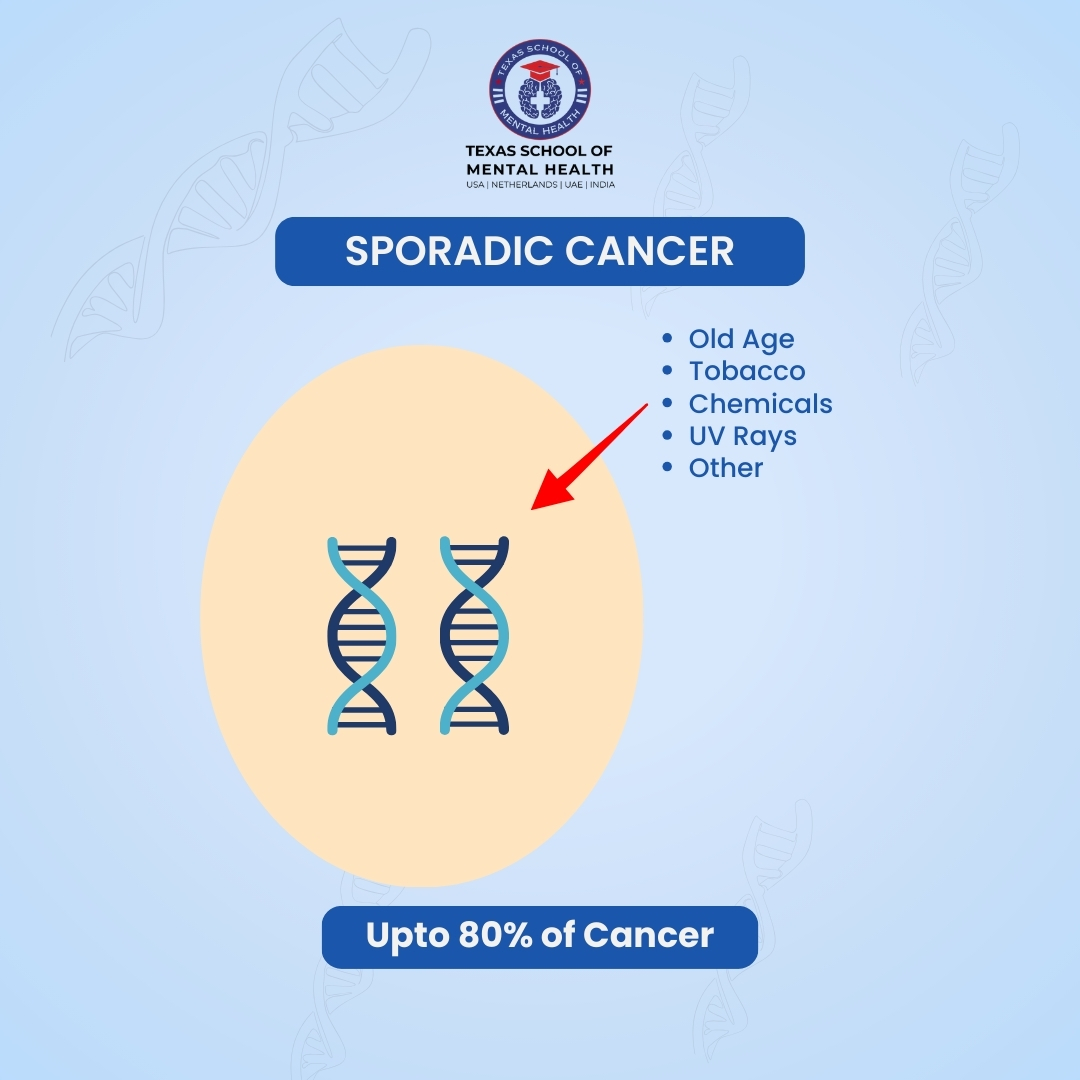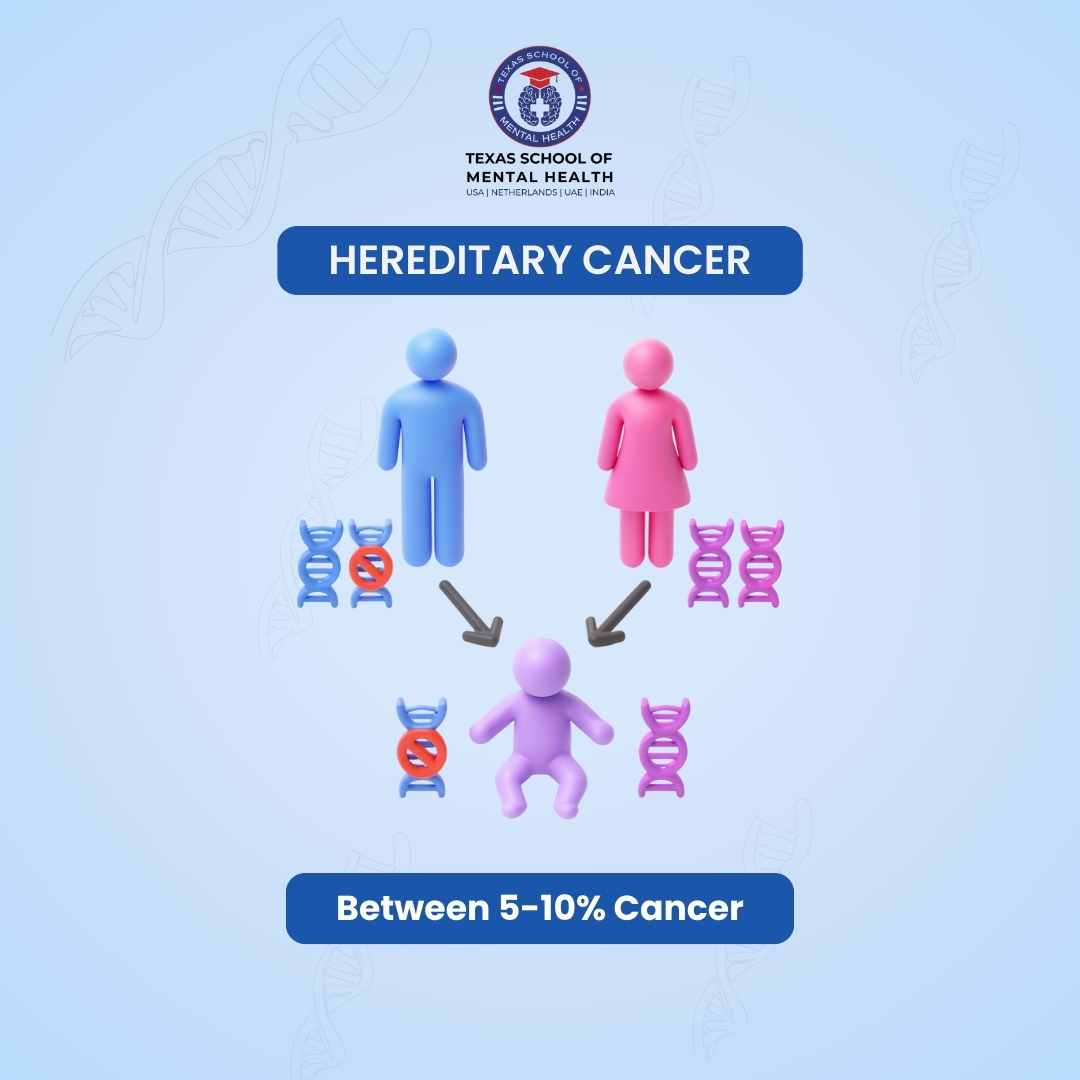-
 Gaming
Computer
1 ×
$940.00
Gaming
Computer
1 ×
$940.00
-
 Smartphone Vivo V9
1 ×
$899.00
Smartphone Vivo V9
1 ×
$899.00
-
 SanDisk
Flash Drive
1 ×
$756.00
SanDisk
Flash Drive
1 ×
$756.00
-
 Smart
Power Bank
1 ×
$723.00
Smart
Power Bank
1 ×
$723.00
-
 Apple
Smartwatch
1 ×
$1080.00
Apple
Smartwatch
1 ×
$1080.00
Subtotal: $4398.00


 By Dr. Tarang Lad
By Dr. Tarang Lad
